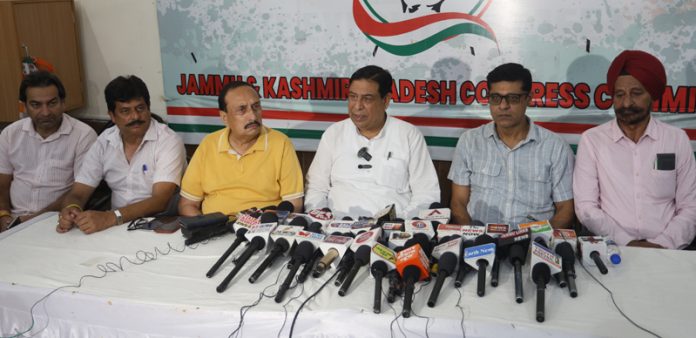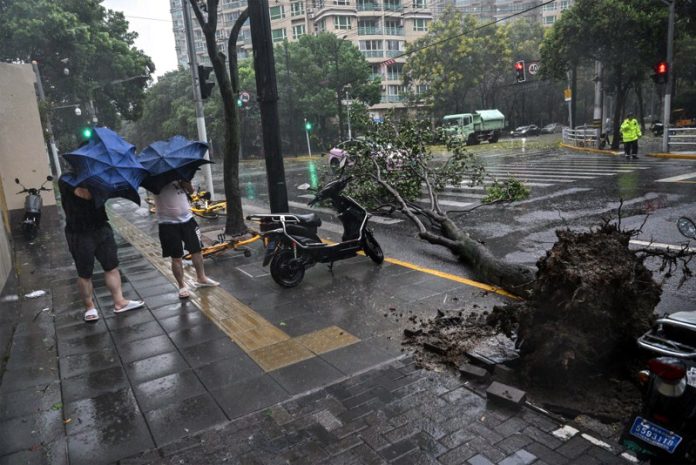
Food manufacturers and consumers will face further hike in sugar price in the coming months as only 89,000 tonnes valued at N99.6 billion ($62 million) are expected at Tincan Island and Lagos ports this week. It was learnt that Brazil, the major supplier of raw sugar to the Nigeria, has lost 20,000 hectares of sugar cane farm to wide fires in August 2024.
Before the fire incident, Nigeria, which relies on 96 per cent of its raw sugar from the Brazil, had been grappling with soaring price due to global supply constraints. It was revealed that the reduction in the importation of the commodity to Nigeria would further place additional pressure on food mixed with sugar, following the loss of five million tonnes in sugar cane in Sao Paulo. In July, the importers managed to have access to $85 million tonnes of the commodity because of short supply, leading to 27 per cent decrease in export within one month.

Last week, Nigerian Ports Authority (NPA)’s shipping data revealed that Tincan Island Port was expecting 40,000 tonnes of raw sugar from Sea Lady on Tuesday at Josepdam, while Jasmine will berth with 49,000 tonnes at Greenview Development Nigeria Limited (GDNL) on Friday. It was revealed that average price of sugar in the country rose 103 per cent in the first quarter of 2024 on a year-on-year basis as data by the national Sugar development council (NSDC) noted that sugar price double to N1.67 million per tonne.
Between January and July 2024, the country imported only 311, 252 tonnes of raw sugar worth N325 billion ($217 million) instead of 950,000 tonnes of raw sugar valued at N997.5 billion ($665 million) to support domestic consumption as price of the commodity hits $700 per tonne. Between June and July 2024, only $147 million worth of raw sugar was ferried to the country’s ports from Brazil.
The shipping data indicated that in June, a vessel, Desert Seeker berthed at Lagos Port Complex, Apapa Bulk Terminal Limited (ABTL) with 55,540 tonnes, Sea Diamond offloaded 49,000 tonnes in May 2024 at the Greenview (GNDL) Development Nigeria Limited, Lagos Port. Also, in April Genco Predator offloaded 46,650 tonnes in the same terminal while Desert Victory laden discharged 53,215 tonnes at Apapa Bulk Terminal Limited (ABTL) in April 2024. Also, between January and March 2024 Desert Spring berthed at ABTL with 53,250 tonnes, while Bulk Bahamas and Helsinki Eagle offloaded 48,750 tonnes and 49, 000 tonnes at Greenview Nigeria Development Limited respectively.
Recalled that the Nasarawa State Governor, Abdullahi Sule, has said last week that Nigeria consumed about 1.6 metric tonnes of sugar, saying that 96 per cent of the imported commodity came from Brazil and was being refined in the country’s three sugar refineries owned by Dangote, BUA and Golden Penny. Sule disclosed this when a delegation led by the Country Director of International Fund for Agricultural Development (IFAD), Mrs Dede Ekoue visited him at the Government House, Lafia, adding that if the entire value chain in sugarcane in Nigeria was 1.
6 million metric tonnes it would create employment opportunities of less than 500,000 people. He stressed the need for the inclusion of sugarcane in the value chain initiative of the IFAD/FG Value Chain Development Programme (VCDP) in order to stop importation of raw sugar from Brazil. He said: “It is something that you can help in order to ginger some of the big companies in order to take it more seriously.
The big companies are doing their best doing what they call out-growers’ scheme, but it is very minimal. “We have the refineries here. If we do the complete value chain, easily, we can have nothing less than half a million people who are working on those farms.
” Also, the country director said that IFAD had been privileged to visit the processing centre, noting that the intention of the organisation was to promote agriculture in a way that is also sustainable. Meanwhile, the Federal Government has said that investments ranging between $3 billion and $5 billion under Phase II of the Nigeria Sugar Master Plan (NSMP) was being anticipated in 10 years. This is after the first plan spanning 10 years yielded no result.
The Executive Secretary of NSDC, Kamar Bakrin, explained that the initiative aligned with the President’s dedication to achieving the NSMP’s objectives of attaining self-sufficiency in sugar production, fostering job creation, and advancing industrialisation. During a gathering of the Sugar Industry Monitoring Group in Abuja the executive secretary noted that the plan was designed to achieve a minimum production capacity of 2 million tonnes of sugar, generating 400 MW of electricity and fostering the creation of 110,000 jobs throughout the entire value chain in the country. Bakrin stressed that NSMP II necessitated between 200,000 and 250,000 hectares of suitable land and an estimated investment of $3.
5 billion..










